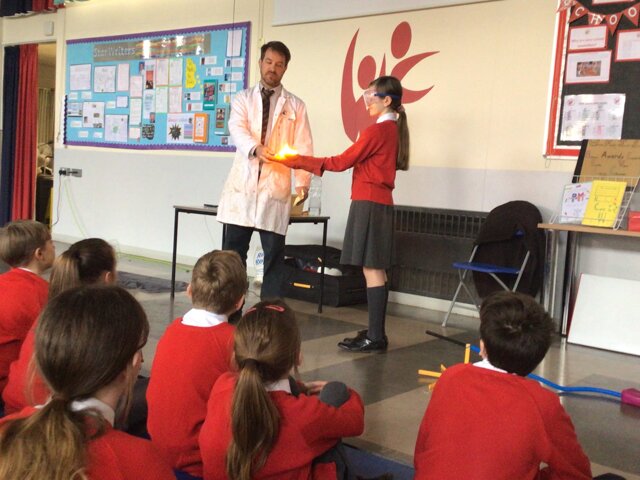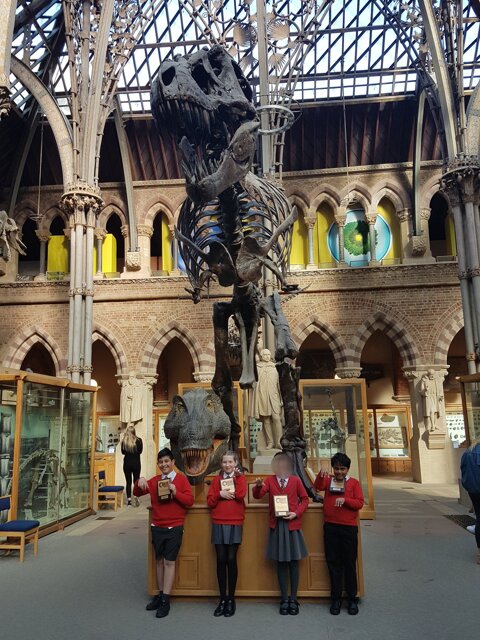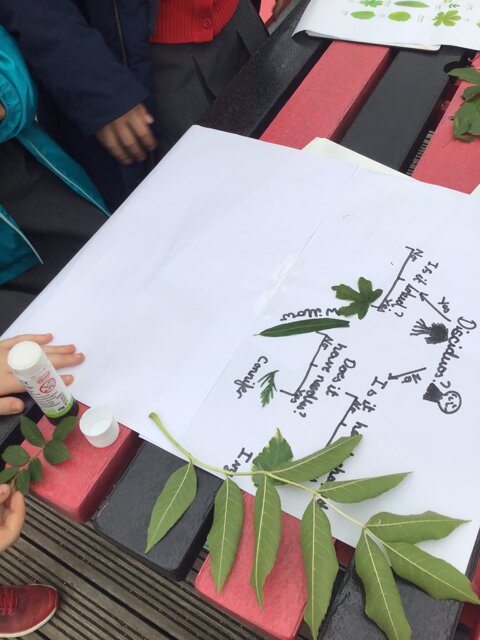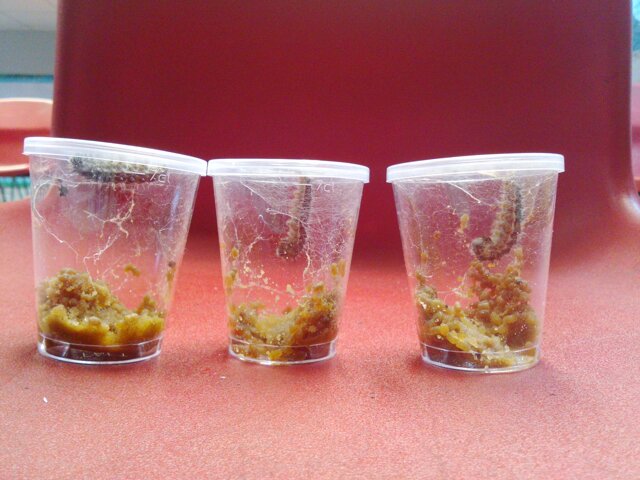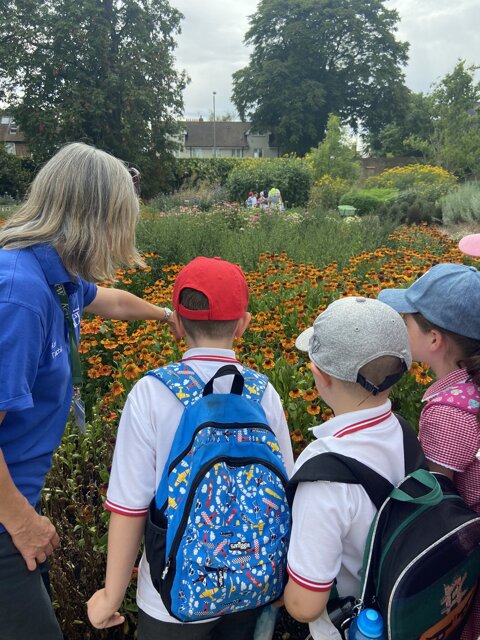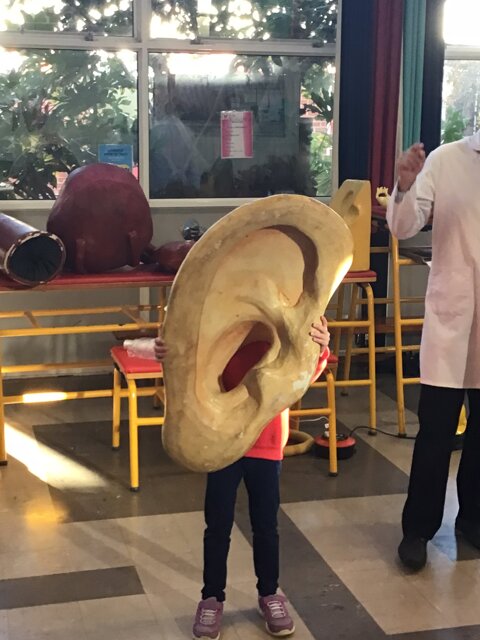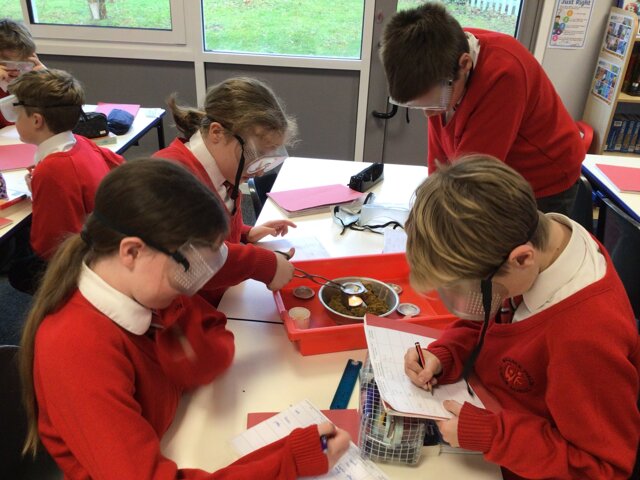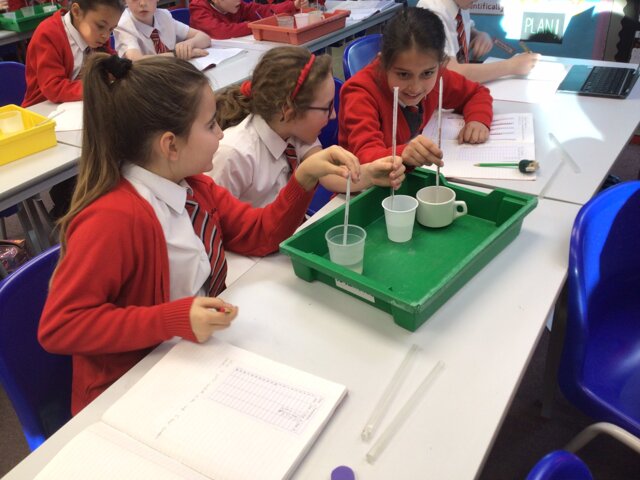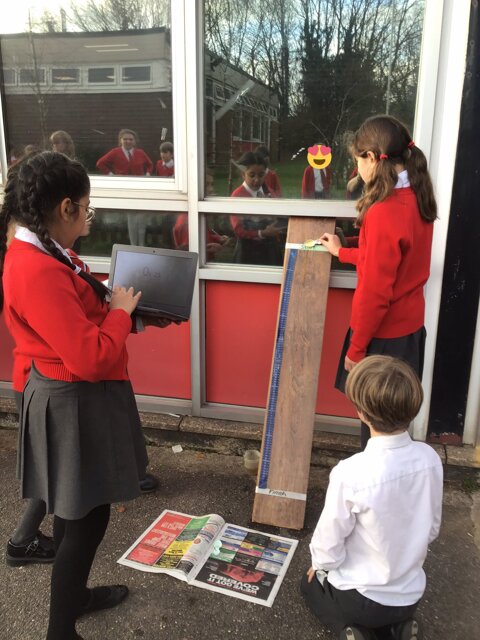Wallace Fields Junior School prides itself on its teaching of science. Our aim is to harness the pupils’ natural curiosity in the world around them and provide hands-on, experiential opportunities for them to learn.
We develop children’s knowledge, skills, and understanding of science by:
- Encouraging children to ask, as well as answer, scientific questions
- Engaging pupils in a wide variety of problem-solving activities and using ‘real life’ scenarios
- Teaching well-resourced lessons that incorporate regular practical science investigations
- Analysing a variety of data, such as statistics, graphs, pictures and photographs
- Embedding maths and English opportunities
- Presenting findings in a variety of ways and challenging misconceptions
- Utilising the outdoor environment to enrich learning opportunities
Science Progression Map
Please click on the image below to watch a short video describing science at Wallace Fields Junior school.
Science visits and events
We believe that a broad and balanced science education is the entitlement of all, regardless of ethnic origin, gender, aptitude or disability. In addition to at least two hours of weekly science lessons in every year group, we provide all pupils with an array of extra-curricular opportunities.
These include:
- Year 3 visit Wisley Gardens to support and enhance their learning of plants. The year group also receives a visit in the autumn term from 'The Human Machine', an engaging and lively theatre workshop that allows children to explore the world of growth and food, in line with the National Curriculum guidelines.
- Year 4 is visited by The Learning Dome to demonstrate the planets in a huge pop-up planetarium. A lunchtime Year 4 science club has also been started, allowing pupils to further explore scientific areas of interest in a fun and practical way. Furthermore, to enhance the learning of minibeasts, the cohort visit Painshill Park. In the autumn term, Year 4 are also visited by Crew theatre, who deliver a hands-on force demonstration that explores friction.
- Year 5 pupils proudly host an annual Science Fair in the school hall. For this, children independently research and create a project on an aspect of science that interests them. The results are then showcased to parents, staff and all the children at Wallace Fields Junior School. The children work extremely hard to produce their exhibits and the fair always stuns teachers, parents and children alike. The exhibits are consistently adventurous, informative, fun and at times a little quirky, but all of them show a deep love of science. Year 5 also have the opportunity to experience secondary school science; in 2023, selected pupils visited Epsom College to take part in a space-themed quest to save the human race!
- Year 6 have the chance to attend an after-school science club on Thursday. Under the inspirational tutorage of STEM enthusiast Mrs Hernandez (MSc; Imperial College), children are invited to consider some of science’s big questions and perform fun science experiments, such as making hovercrafts and finding meteorites! The year group also visit Nausicaá aquarium (the biggest aquarium in Europe!) whilst on their residential trip to France. Our school sends a team to the National Year 5 & 6 Inter School quiz championship, where they answer questions on a wide range of areas within the science curriculum and beyond. The team from Wallace Fields Junior school were crowned NATIONAL science quiz champions in 2019!
- Whole school: At Wallace Fields Junior we actively promote STEM subjects throughout the year. The children in all year groups receive inspirational talks and visits from STEM engineers and professionals, who talk about their roles and jobs in the real world.
Space Education Quality Mark
In 2023, the school also achieved a well earned Silver award in ESERO-UK's Space Education Quality Mark, which celebrated the fantastic teaching and learning that takes place in our school in the topic of Earth and Space.
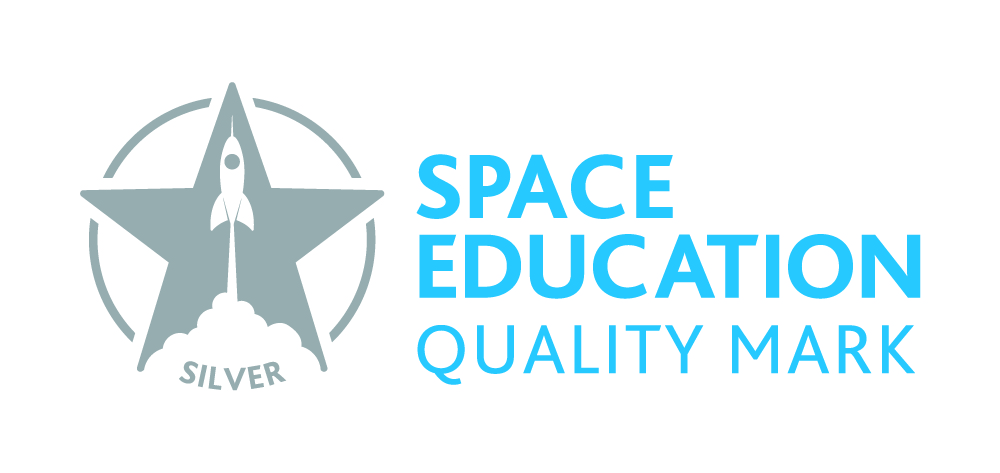
Teaching science to children with special needs
We teach science to all children, whatever their ability. Science forms part of the school curriculum policy to provide a broad and balanced education for all children. We provide learning opportunities that are matched to the needs of children with learning difficulties. Our work in science takes into account the targets set in the children’s SEND support arrangements. Additionally, ‘Science in my pocket’ and ‘Playground science’ investigations offer SEND children the opportunity for further scientific investigation in smaller, child led enquiry. These are utilised during designated one to one sessions led by support staff and Special Needs Assistants (SNAs). Click on this link for further information about SEND and inclusion.
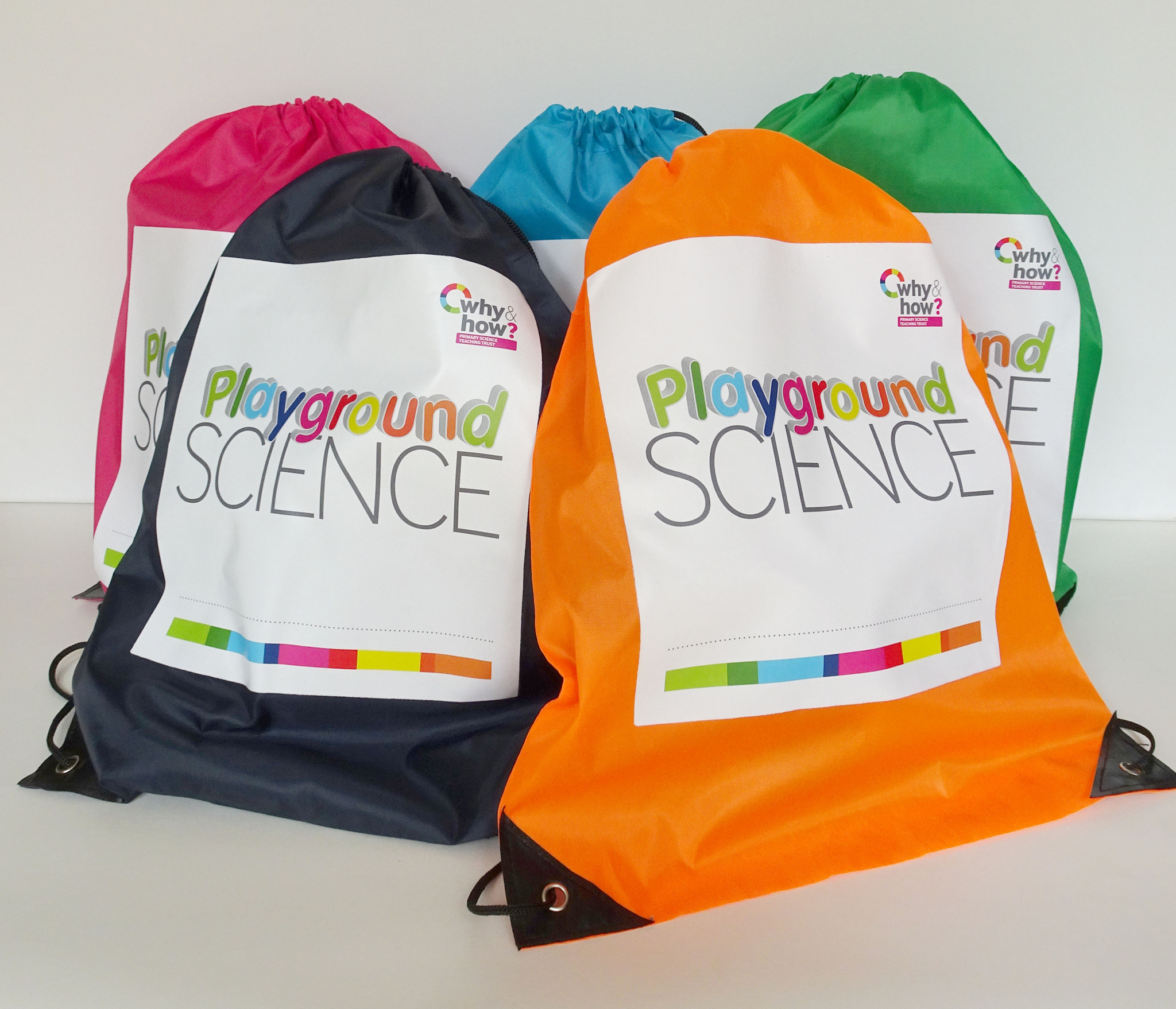
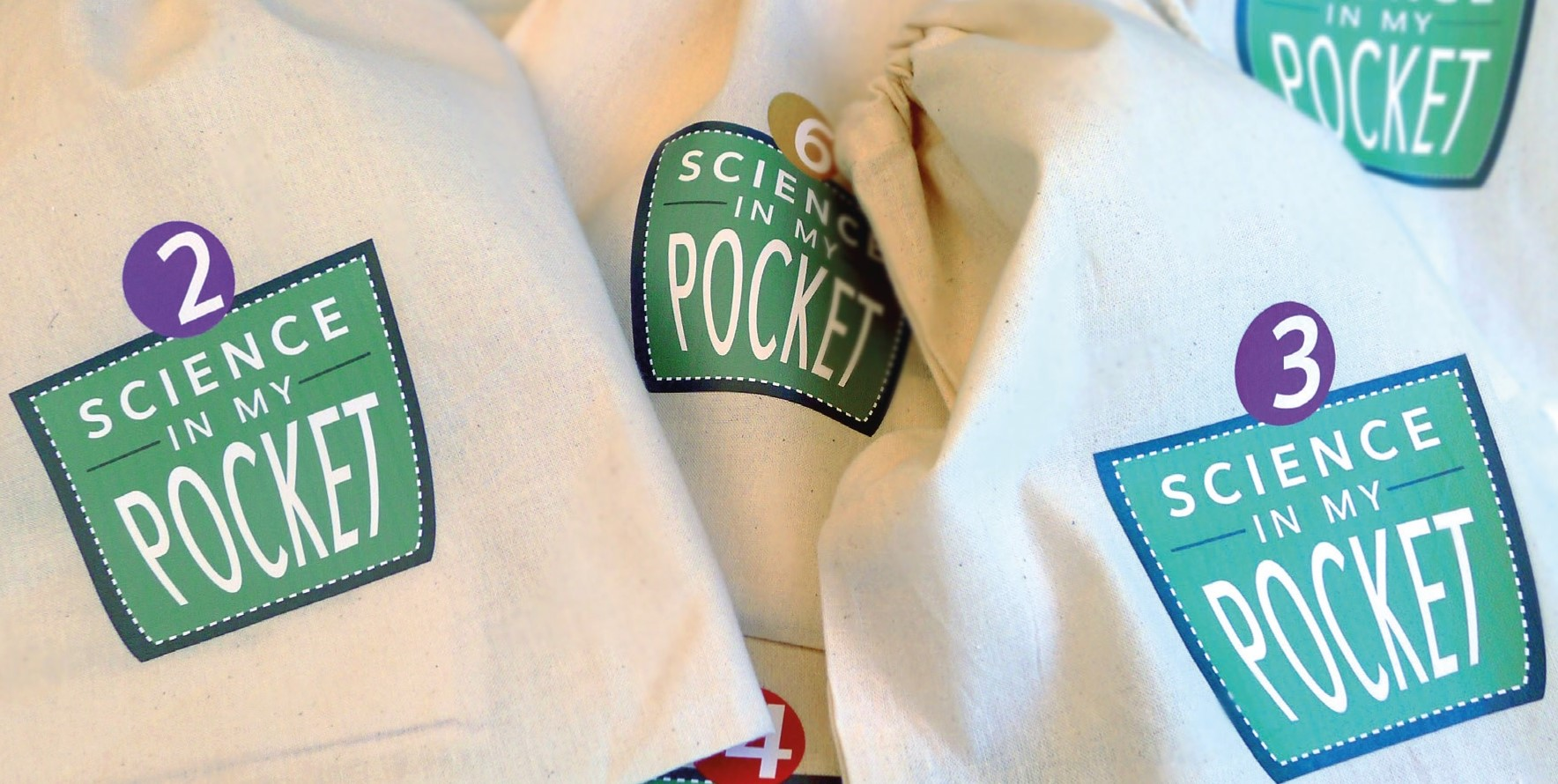
Intent
At Wallace Fields Juniors, it is our intention to recognise the importance of science in every aspect of daily life. We give the teaching and learning of science the prominence it requires. The scientific area of learning is concerned with increasing pupils’ knowledge and understanding of our world, and with developing skills associated with science as a process of enquiry. The science curriculum fosters a healthy curiosity in children about our universe and promotes respect for the living and non-living. We believe science encompasses the acquisition of knowledge, concepts, skills and positive attitudes. Our approach to science builds on prior learning and results in the acquisition of deep knowledge, whilst also enabling children to become enquiry-based learners. The key knowledge identified by each year group is informed by the national curriculum and builds towards identified phase ‘end points’ in accordance with age-related expectations. Key skills are also mapped for each year group and are progressive throughout the school. These too ensure systematic progression to identified skills end points, which are in accordance with the Working Scientifically skills expectations of the national curriculum. The curriculum is designed to ensure that children are able to acquire key scientific knowledge through practical experiences; using equipment, conducting experiments, building arguments and explaining concepts confidently.
Implementation
- A clear and comprehensive scheme of work in line with the National Curriculum where teaching and learning shows progression and plans for practical investigative opportunities across the key stage within the strands of science.
- Children have access to key language and meanings in order to understand and readily apply to their written, mathematical and verbal communication of their skills. Science vocabulary displays are evident in every classroom.
- Children will use a range of resources to develop their knowledge and understanding that is integral to their learning and develop their understanding of working scientifically.
- Children will reflect on previous learning of topic in previous year groups or KS1 and cross curricular links will be made wherever possible e.g. Katherine Rundell's book 'Explorer' in Year 6 and links to the rainforest topic in geography
- Children will be able to build on prior knowledge and link ideas together, enabling them to question and become enquiry-based learners.
- Attainment will be assessed each term through teacher set Working Scientifically skills assessment tasks and end of topic knowledge tests.
- Where applicable, links to science will be made to develop the children’s topical learning e.g. D&T electricity topic in Year 5
- Working Scientifically skills are embedded into lessons to ensure that skills are systematically developed throughout the children’s time at Wallace Fields Juniors; new vocabulary and challenging concepts are introduced through direct teaching. This is developed through the years, in-keeping with the topics.
- Teachers demonstrate how to use scientific equipment, and the various Working Scientifically skills in order to embed scientific understanding. Teachers find opportunities to develop children’s understanding of their surroundings by accessing the outdoor learning environment and workshops with experts e.g. the Planetarium and the Crew theatre Forces workshop (Year 4).
- Children are offered a wide range of extra-curricular activities, visits, trips and visitors to complement and broaden the curriculum. These are purposeful and link with the knowledge being taught in class. e.g.Wisley Gardens (Plants in Year 3), Year 5 Science Fair, Science club (Year 6) and competing in the national Science Quiz championship.
Impact
- Most children will achieve age related expectations in science at the end of their cohort year, in line with Maths and English.
- Children will retain knowledge that is pertinent to science with a real life context.
- Children will be able to question ideas and reflect on knowledge.
- Children will work collaboratively and practically to investigate and experiment.
- Children will be able to explain the process they have taken and be able to reason scientifically.
National Curriculum
To find out more about the national curriculum for Science key stage 2 that the school is following click here.
Related News
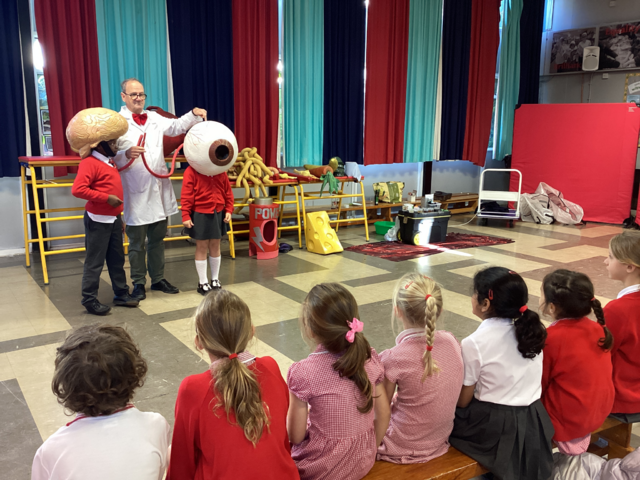
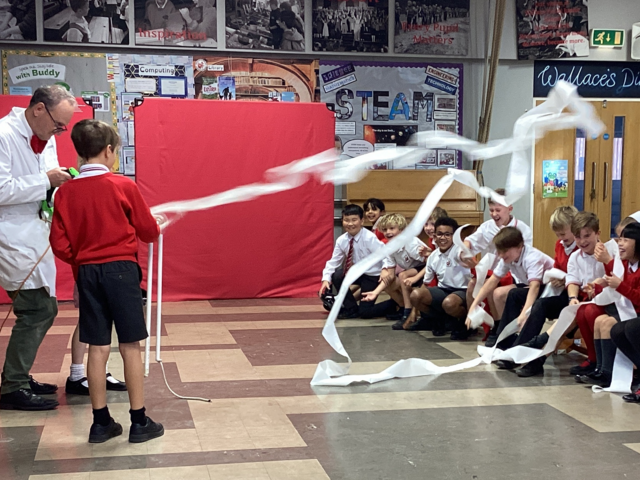
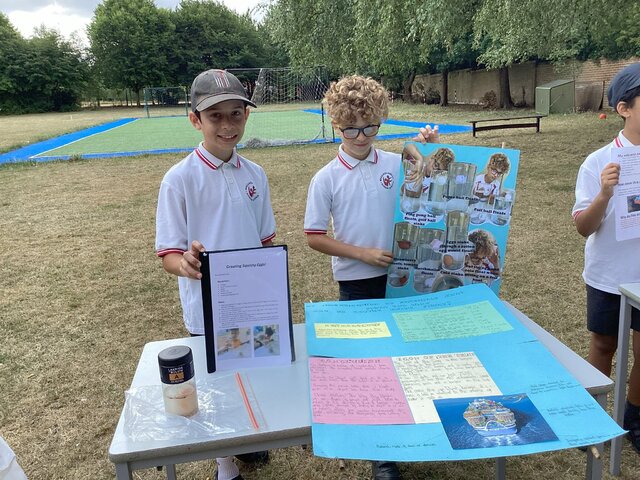
Related Events
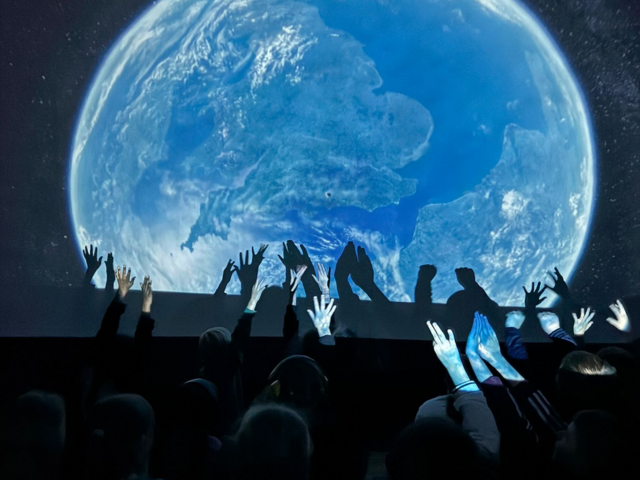
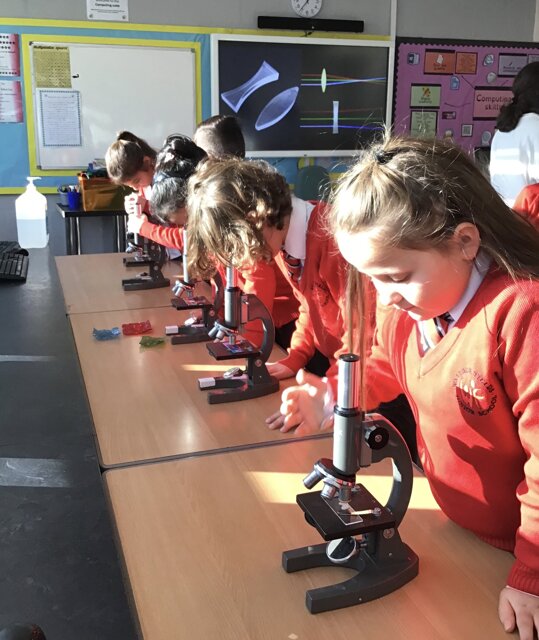
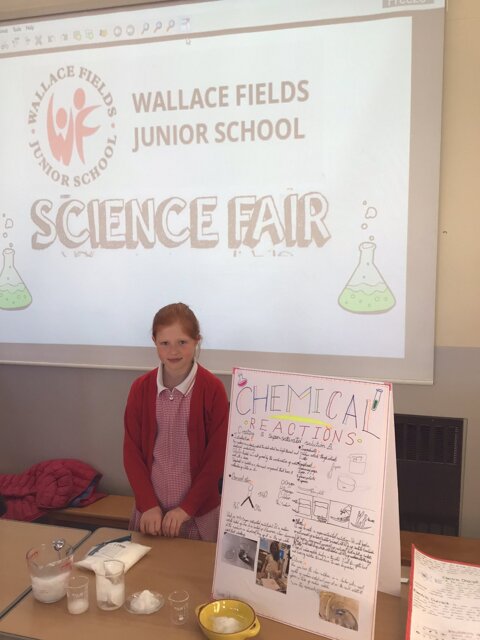
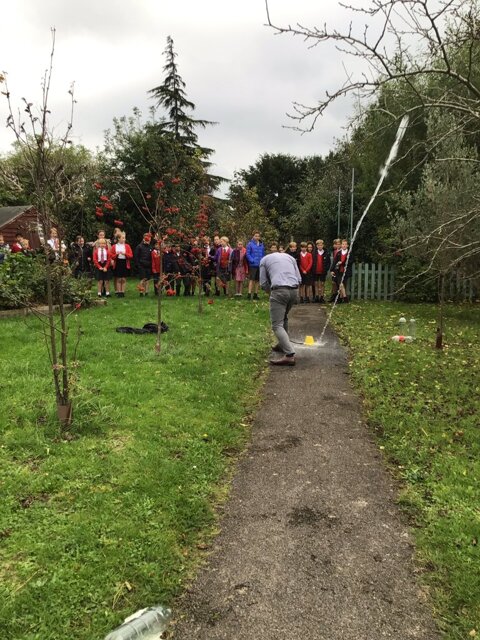
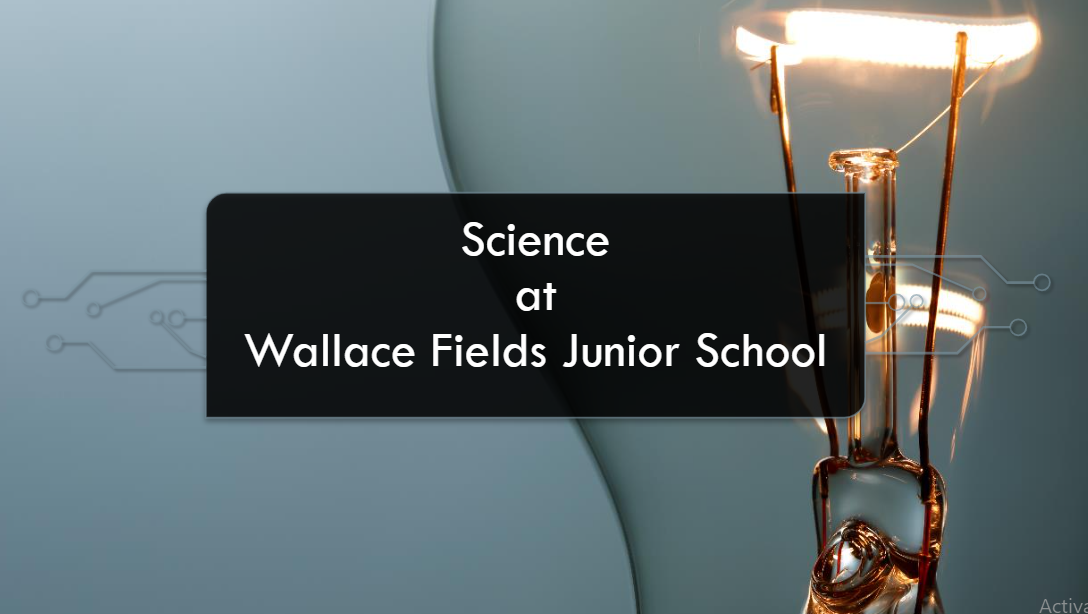
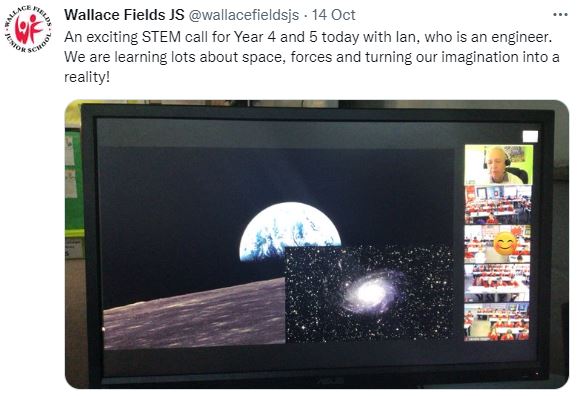
.JPG)
